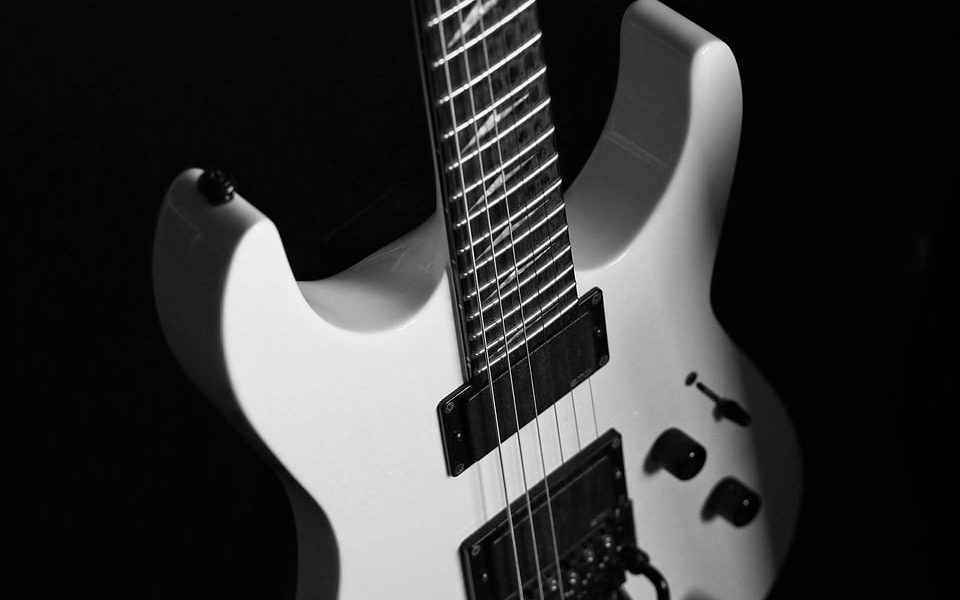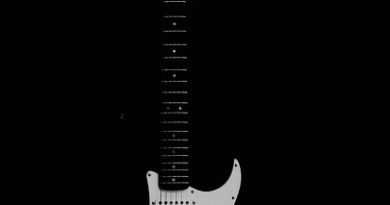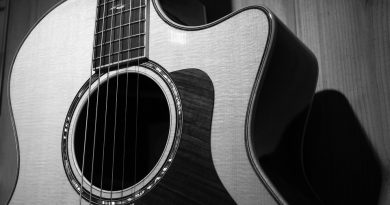Mastering Open Chords: A Comprehensive Guide for Guitarists
Mastering Open Chords: A Comprehensive Guide for Guitarists
As a guitarist, mastering open chords is an essential skill that will greatly enhance your playing abilities. Open chords are the building blocks of many songs and provide a solid foundation for any guitarist to build upon. In this comprehensive guide, we will cover everything you need to know about mastering open chords, from the basics to more advanced techniques.
What are Open Chords?
Open chords are basic chords that are played using open strings on the guitar. They are called open chords because they contain one or more open strings, meaning that the strings are not fretted by the fingers. Open chords are typically the first chords that beginner guitarists learn, as they are relatively easy to play and sound great.
Common open chords include the C major, G major, D major, E major, A major, and A minor chords. These chords form the basis of many popular songs and can be used in a wide variety of musical styles. Mastering open chords is essential for any guitarist looking to become proficient in their playing.
Basic Open Chords
To start mastering open chords, it is important to familiarize yourself with the basic open chords. These chords are the foundation of many songs and will be used frequently in your guitar playing. Here are some of the most common open chords and their fingerings:
C Major: Place your ring finger on the 3rd fret of the 5th string, middle finger on the 2nd fret of the 4th string, and index finger on the 1st fret of the 2nd string.
G Major: Place your ring finger on the 3rd fret of the 1st string, middle finger on the 2nd fret of the 5th string, and index finger on the 2nd fret of the 6th string.
D Major: Place your index finger on the 2nd fret of the 3rd string, ring finger on the 3rd fret of the 2nd string, and middle finger on the 2nd fret of the 1st string.
E Major: Place your index finger on the 1st fret of the 3rd string, middle finger on the 2nd fret of the 5th string, and ring finger on the 2nd fret of the 4th string.
A Major: Place your index finger on the 2nd fret of the 4th string, middle finger on the 2nd fret of the 3rd string, and ring finger on the 2nd fret of the 2nd string.
A Minor: Place your index finger on the 1st fret of the 2nd string and middle finger on the 2nd fret of the 4th string.
Practice, Practice, Practice
Like anything worth mastering, mastering open chords takes practice. Spend time each day practicing these chords, making sure to switch between them smoothly and accurately. It is important to focus on good technique and hand positioning to ensure that you are playing the chords correctly.
One helpful exercise is to practice transitioning between different open chords. Start by playing a simple song that uses only two chords, such as G and C. Play each chord for four beats, then switch to the next chord. Repeat this process until you can switch between the chords smoothly and without hesitation.
Another great exercise is to practice chord changes in different sequences. For example, try playing the chords C, G, D, and A in different orders. This will help you become more familiar with each chord and improve your ability to switch between them quickly.
Building Strength and Finger Independence
One common challenge for beginner guitarists is building strength and finger independence. This is especially important when playing open chords, as some chords require stretching the fingers across multiple frets. To improve strength and finger independence, try the following exercises:
– Practice playing scales and arpeggios to improve finger flexibility and coordination.
– Use a metronome to practice playing chords in time and at different tempos.
– Practice using different fingerings for the same chords to build flexibility in your playing.
– Focus on using proper hand positioning and technique to improve dexterity and accuracy.
Advanced Techniques
Once you have mastered the basic open chords, you can start exploring more advanced techniques to enhance your playing. Some advanced techniques to consider include:
– Barre chords: Barre chords involve using one finger to fret multiple strings across the fretboard. These chords are movable and can be used to play a wide variety of songs in different keys.
– Fingerpicking: Fingerpicking involves using your fingers to pluck the strings of the guitar instead of using a pick. This technique allows for more intricate and nuanced playing.
– Chord embellishments: Chord embellishments involve adding additional notes to basic chords to create more complex and interesting sounds.
– Chord inversions: Chord inversions involve rearranging the notes of a chord to create different voicings and textures.
Overall, mastering open chords is an essential skill for any guitarist looking to improve their playing abilities. By practicing regularly, focusing on good technique, and exploring advanced techniques, you can become proficient in playing open chords and enhance your overall guitar playing. Remember to be patient and persistent in your practice, and you will see improvement over time. Happy playing!






